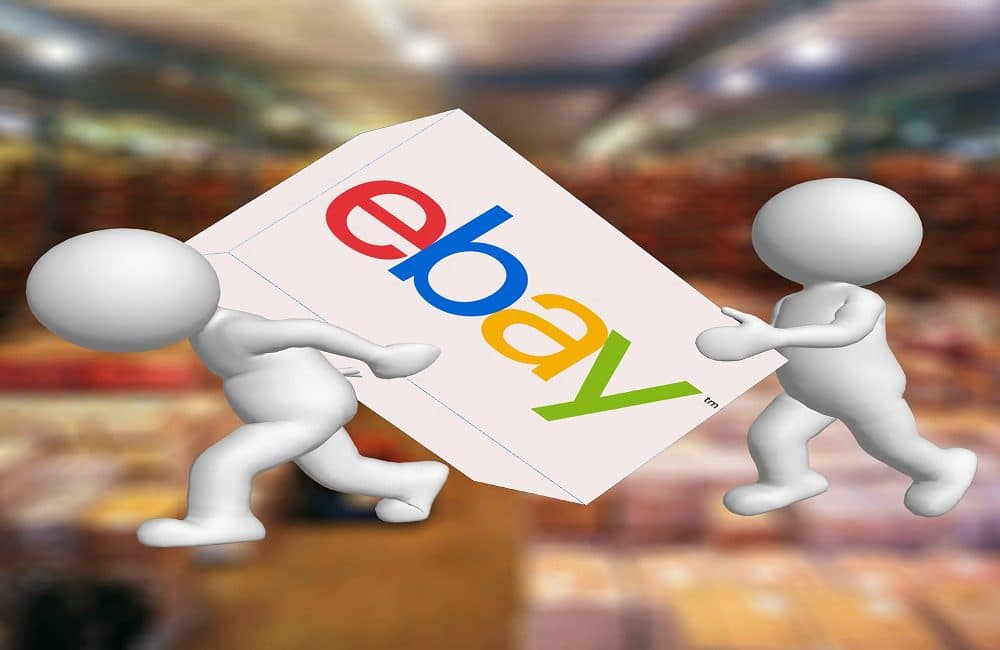Automation is creeping into more and more business processes, and if you are a seller on eBay it is clearly a technology that will make your life easier, and boost your profitability.
The question, then, is to what extent you can automate aspects of your operations, and which parts of what you do can be enhanced through automation?
Bookkeeping
Manual bookkeeping is a thoroughly outmoded practice, and with modern software, you can track sales, monitor your inventory, calculate costs and generally oversee the ebb and flow of your finances.
There are a plethora of tools to consider in this space, from the Flyp calculator which can estimate fees and analyze your profitability, to the fully-fledged accounting platforms like QuickBooks and Sage, some of which have comprehensive integrations with eBay natively.
Unburdening yourself of bookkeeping duties in this way will make a major difference to how easily you can sell on eBay, especially if you are a solo operator or manage a very small team.
Research
Knowing what the competition is up to and keeping tabs on consumer trends is part and parcel of finding success as an eBay seller.
Once again, there are solutions out there to automate these processes so that you can get insider information to help optimize your own listings without having to monopolize much of your precious time in the process.
The eBay-owner Terapeak is a core part of the platform right now, and lets you get a snapshot of which products are hot, which are not, and which rival sellers are doing the best in terms of riding the wave of popularity at any given moment.
There are also third-party analytical tools like Algopix and Zik Analytics which can do things like automatically recommending how you should price particular items to get the most traction.
Listings
The creation and optimization of eBay listings have not escaped the automation craze, and the use of templates is particularly impactful in this process.
So rather than needing to build each listing from scratch, you can opt for a tried and tested framework that is then simple to customize and publish at will.
Big names in this space include Inkfrog, which is known for its excellent search optimization which enables listings to climb up the rankings for your target keywords, as well as Kyozou which has eBay’s official seal of approval and is best suited to larger-scale setups where inventory management is a priority.
Advertising
Achieving organic success on eBay is not always easy, so often it’s better to give your listings a head start by promoting them through paid ads.
Again, eBay provides integrated tools for the monitoring and management of paid ads, which is helpful if you want to deploy them in the most cost-effective way.
Fulfillment
If you fulfill eBay orders yourself, then there is only a certain extent to which you can automate the processes involved.
However, if you outsource some or all of the fulfillment duties to a third party, then this could save you a lot of hassle, as well as be cost-effective as a means of scaling your operations to meet growing demand.
The most mainstream example of this actually comes from one of eBay’s rivals, Amazon. The Fulfillment by Amazon service is an all-encompassing option for e-commerce companies that want to be as streamlined as possible while still serving customers just as successfully as their larger rivals.
There are other solutions like this, with varying levels of features and different pricing tiers. It’s just a matter of choosing the one that meets your needs as an eBay seller.
Customer relationship management
Serving your customers can take up a lot of time in your day, so it makes sense to automate aspects of this wherever possible.
Modern CRM solutions such as Zendesk and ChannelReply are well adapted for use in conjunction with an eBay store and can not only boost conversions but also ensure that follow-up customer service is exceptional, keeping everyone happy post-sale as well.
Wrapping up
As you can see, it is possible to automate a whole host of different elements of selling via eBay, to the point that with the right setup, your business could almost run itself.
While this is clearly a great thing for smaller sellers, it is also advantageous to bigger businesses that rely on eBay for some or all of their e-commerce activity, since most of the tools mentioned are comprehensively scalable.
That is not to say you can completely disengage from running an eBay business, because these are also tools that every rival out there has access to as well. It is all about learning to leverage them more effectively and also about always changing things up to avoid falling behind the pack.


